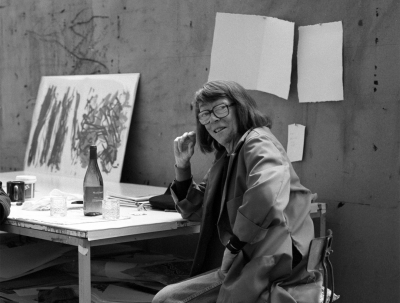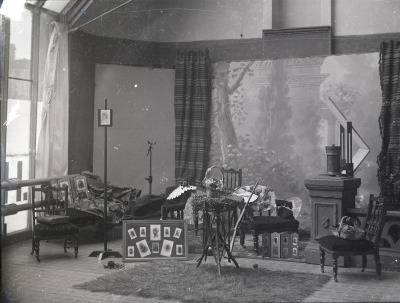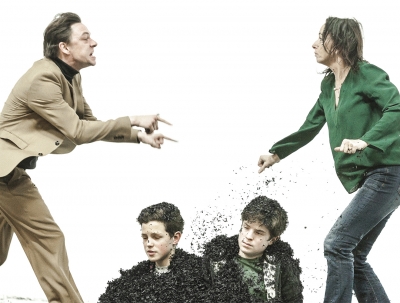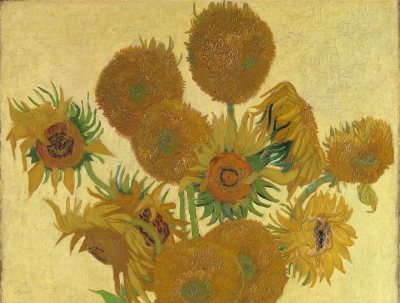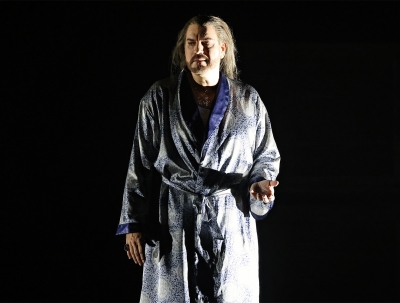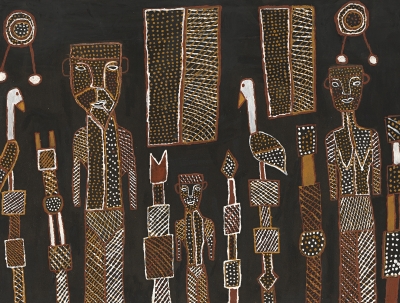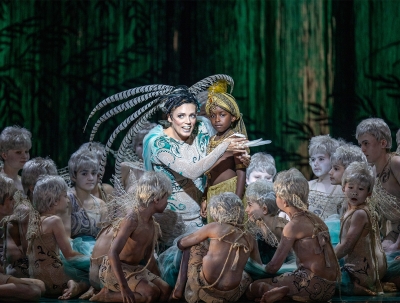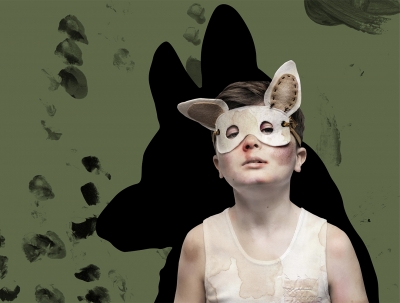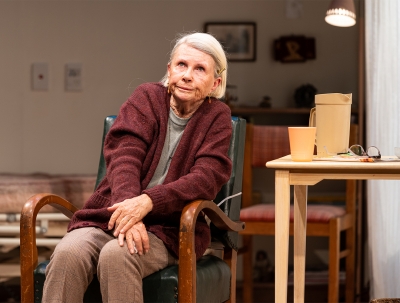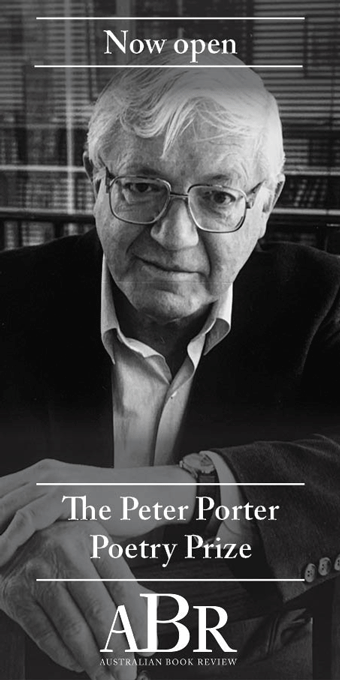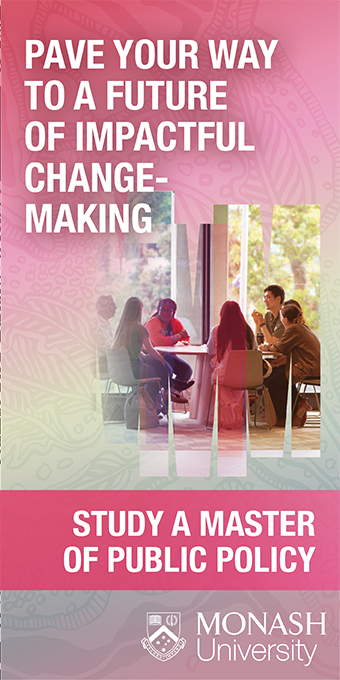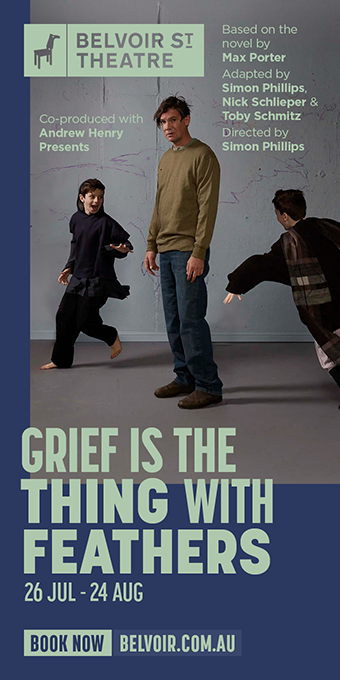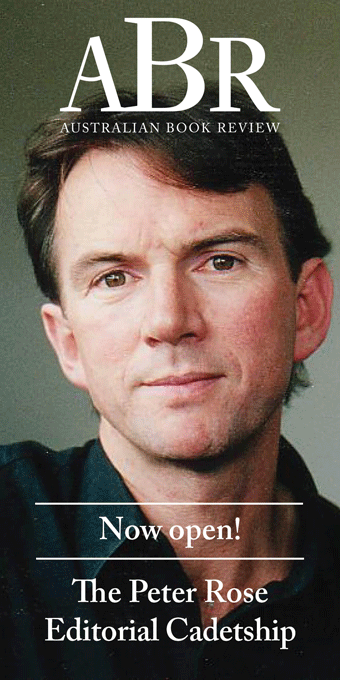Arts
Film | Theatre | Art | Opera | Music | Television | Festivals
Welcome to ABR Arts, home to some of Australia's best arts journalism. We review film, theatre, opera, music, television, art exhibitions – and more. To read ABR Arts articles in full, subscribe to ABR or take out an ABR Arts subscription. Both packages give full access to our arts reviews the moment they are published online and to our extensive arts archive.
Meanwhile, the ABR Arts e-newsletter, published every second Tuesday, will keep you up-to-date as to our recent arts reviews.
Recent reviews
The American Joan Mitchell is one of a legion of celebrated twentieth-century artists with a ghost presence in this country. Since her death in 1992, her vibrant, energetic paintings have become increasingly appreciated, and now her star is rising again. This year Mitchell is the subject of a major retrospective in the United States, which will also be seen in Paris in 2022. The National Gallery of Australia’s current exhibition is part of the year-long Know My Name suite of projects. An outcome of the NGA’s long relationship with master printmaker Kenneth Tyler, Joan Mitchell: World of Colour, led by emerging curator Anja Loughhead, is the first exhibition anywhere to focus solely on Mitchell’s prints, which were made in two concentrated bursts with Tyler, in 1981 and again in 1992, just before the artist’s death.
... (read more)Few exhibitions about photography are premised on something other than the resulting image. The Business of Photography: The 19th century studio in NSW at Sydney University’s new Chau Chak Wing Museum makes an intriguing step back from the cased daguerreotypes, carte de visite, and collectable stereo cards of the nineteenth century. It invites visitors into the places of these images’ latency and the jostling personalities that brought them into being. Curator Jan Brazier has put together a playful show that tracks the photography studio from mid-nineteenth-century itinerant operations to early twentieth-century industrial powerhouses. It highlights the tension between the boosterish egos and financial precarity that shrouded these businesses in colonial New South Wales.
... (read more)In her essay on Akon Guode, the thirty-five-year-old South Sudanese refugee who drowned three of her seven children in April 2015, Helen Garner recalls striking up a conversation with a VCE student about Euripides’ Medea. Garner tells the student, ‘She did a terrible, terrible thing. But she was very badly treated. She was betrayed.’ Before she can go on, the student interrupts her, flushing and leaning forward in her seat. ‘But she was – a mother.’ Garner writes of feeling troubled ‘by the finality of the word “mother”, this great thundering archetype with the power to stop the intellect in its tracks.’
... (read more)It is hard not to marvel at the logistical challenges that must have faced the production of the National Gallery of Australia’s current blockbuster exhibition, Botticelli to Van Gogh: Masterpieces from the National Gallery, London. Amid a global pandemic that has effectively brought international travel to a halt, the NGA has made it possible for Australians to view some of the most important paintings in the history of Western art – paintings only ever seen in London. Without having to board an aeroplane, this exhibition transports the visitor to the National Gallery on Trafalgar Square, which is currently closed. Visitors to Botticelli to Van Gogh are given the precious opportunity to stand – socially distanced, of course – in front of sixty-one works by artists such as Titian, Hals, Velázquez, Turner, and Monet.
... (read more)Béla Bartók’s Duke Bluebeard’s Castle was premièred amid the chaotic, final months of the Great War. Its lugubrious symphonic mood, grim libretto, and static set gained respect rather than favour from its first anxious audience. A century on, now freed from the shackles of copyright (Bartók died in 1945), the opera invites new approaches, arrangements, and settings. There is even now an annual Hungarian opera festival, where the Duke and his latest wife are presented everywhere from night bars to spa baths.
... (read more)Today, our screen-filled lives both encourage and condition us – through our collective, incessant scrolling – to dip in and to consume; a modus operandi or malaise that affects both exhibition-making and the viewing habits of audiences that are increasingly enticed and rewarded by contemporary art as spectacle – art that is immersive, often participatory in some way, and that looks great on Instagram. TIWI, the major survey of Tiwi art at NGV Australia, stands in stark contrast to this phenomenon. It invites us to slow down in order to absorb the stories, connections, and extraordinary sense of cultural continuity that reverberates across the exhibition. It is at once a celebration and a joy to experience.
... (read more)Comparisons can be odious, odorous, even otiose. Yet while I have lost count of the number of takes on Shakespeare’s play I have seen over the years – theatre, ballet, modern dance, knockabout collages of dance, movement and music, and opera – five stay in the memory. In the order in which I saw them, they are: the first revival at Sadler’s Wells in the mid-1960s of Britten’s 1960 opera, which marked the beginning of James Bowman’s stellar career; Max Reinhardt’s 1935 film; Peter Brook’s version of the play, which redefined it for not just one but several generations; Elijah Moshinsky’s powerfully evocative take on the opera from 1978 (also starring Bowman); and Declan Donnellan’s inspired and laugh-out-loud shaking up of the work for the Donmar Warehouse in the mid-1980s.
... (read more)There is, somewhat surprisingly, a German connection in the otherwise resoundingly Irish The Boy Who Talked to Dogs, the State Theatre Company of South Australia and Slingsby Theatre Company co-production based on Martin McKenna’s memoir about his hardscrabble childhood in 1970s Garryowen. In both the book and the play, adapted by Irish playwright Amy Conroy, we encounter Martin (Bryan Burroughs) as a deeply troubled youth – the ‘smallest, weakest, and scaredest’ of a set of triplets – growing up with German emigrant parents.
... (read more)Who in their right mind would want to be running an international arts festival right now? Two months ago I was slated to review four Adelaide Festival shows for this publication. Due to Covid-19 travel restrictions, two were subsequently cancelled, including Anna Breckon and Nat Randall’s highly anticipated Set Piece. Co-artistic directors Neil Armfield and Rachel Healy must have been harried during the lead-up to the opening weekend, as national borders continued to snap open and shut like the jaws of a capricious crocodile.
... (read more)Ruth Park’s novels were as much about Sydney as the people who live there. In Park’s famous The Harp in the South trilogy, the slums of Surry Hills are almost as lively and characterful as the Darcy family, whose story it relates. In Playing Beatie Bow, the changing face of The Rocks underpins every part of the narrative.
... (read more)

